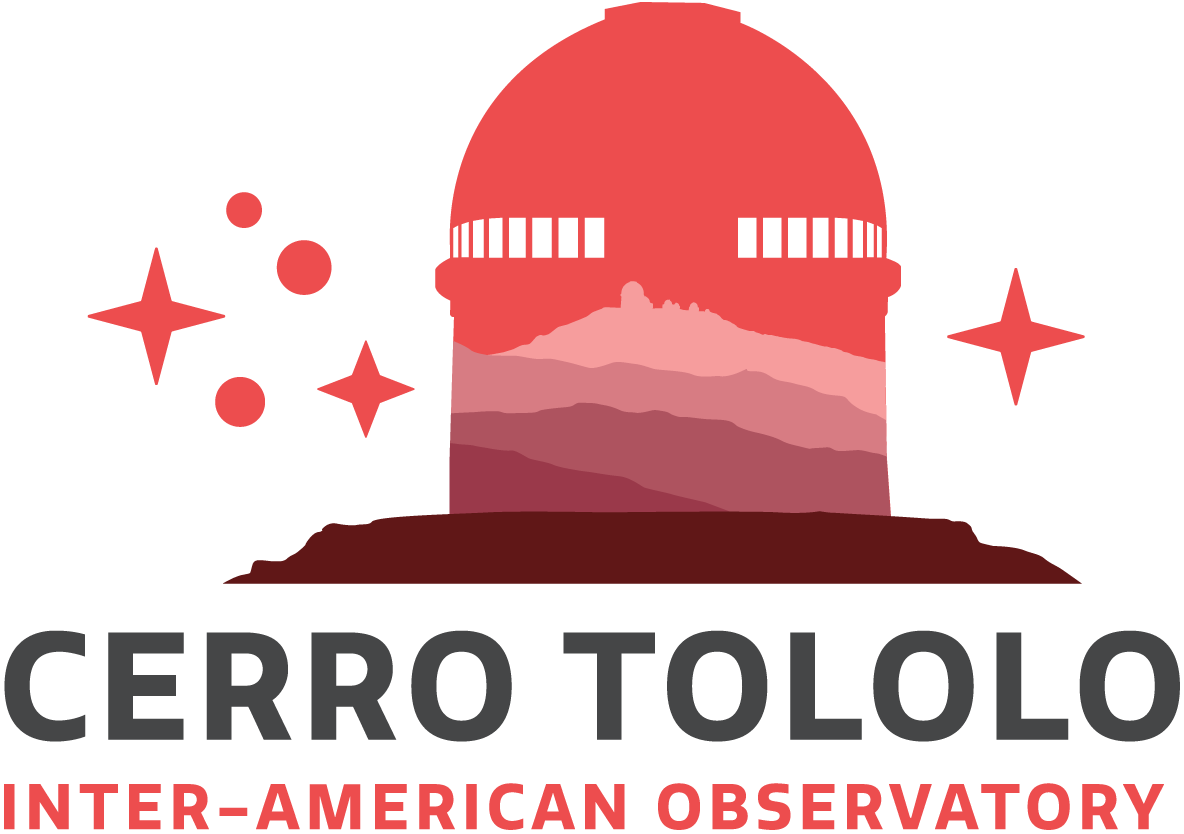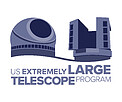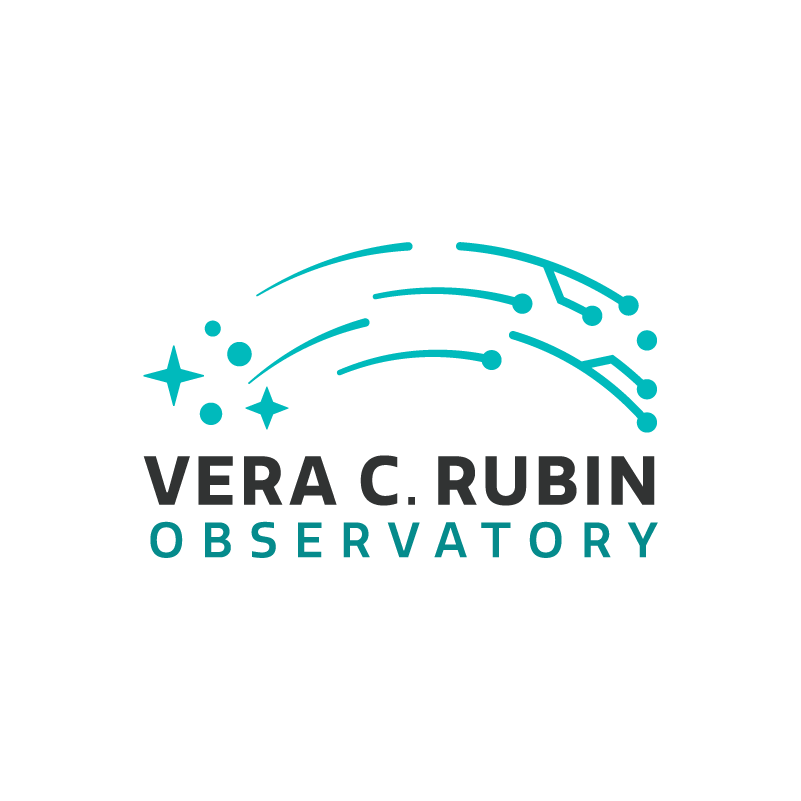Pathways to Discovery in Astronomy and Astrophysics for the 2020s — NOIRLab Statement
4 November 2021
For more than sixty years the Decadal Surveys have embodied a consensus vision for our field. As the US national organization for open-access nighttime optical astronomy, NOIRLab stands ready, along with our managing organization the Association of Universities for Research in Astronomy (AURA), to join our community in advocating for and contributing to the implementation of the Survey’s recommendations.
As a partner in the US Extremely Large Telescope Program (US-ELTP), we are issuing the following statement:
The US Extremely Large Telescope Program is grateful for the Pathways to Discovery in Astronomy and Astrophysics for the 2020s Decadal Survey process and is now reviewing the recommendations in detail. The Decadal Survey has a rich history of driving technological innovation and expanding scientific boundaries, and we are proud to be part of that story. Our visionary program aims to provide US astronomers with nationally-funded observing access to the entire sky. The program consists of three partners: NSF NOIRLab and the two organizations building the Giant Magellan Telescope and the Thirty Meter Telescope.
We thank the National Academies of Sciences, Engineering, and Medicine for leading the Pathways to Discovery Decadal Survey, and to all members of our community who wrote white papers, sat on panels, provided expert input, and devoted time to the Decadal Survey process. We would also like to honor the international partners whose early and ongoing contributions have been crucial in conceiving, designing, and building the Giant Magellan Telescope and Thirty Meter Telescope.
We will be issuing detailed statements about the Pathways to Discovery Decadal Survey recommendations soon.
To learn more about the Pathways to Discovery report visit the National Academies website.
More information
NSF NOIRLab (National Optical-Infrared Astronomy Research Laboratory), the US center for ground-based optical-infrared astronomy, operates the international Gemini Observatory (a facility of NSF, NRC–Canada, ANID–Chile, MCTIC–Brazil, MINCyT–Argentina, and KASI–Republic of Korea), Kitt Peak National Observatory (KPNO), Cerro Tololo Inter-American Observatory (CTIO), the Community Science and Data Center (CSDC), and Vera C. Rubin Observatory (operated in cooperation with the Department of Energy’s SLAC National Accelerator Laboratory). It is managed by the Association of Universities for Research in Astronomy (AURA) under a cooperative agreement with NSF and is headquartered in Tucson, Arizona. We are privileged to conduct research on Ioligam Du’ag (Kitt Peak) in Arizona, on Maunakea in Hawaiʻi, and on Cerro Tololo and Cerro Pachón in Chile, and acknowledge the Tohono O'odham Nation, the Native Hawaiian communities, and the Indigenous communities in Chile, respectively, as original stewards of these lands.
Links
- US-ELTP fact sheet
- US-ELTP website
- Decadal Survey on Astronomy and Astrophysics 2020 (Astro2020) website
- Direct link to Pathways to Discovery in Astronomy and Astrophysics for the 2020s
Contacts
Shari Lifson
AURA Corporate Communications Coordinator
Tel: +1 202 769 5232
Email: slifson@aura-astronomy.org
Amanda Kocz
Press and Internal Communications Officer
NSF NOIRLab
Tel: +1 520 318 8591
Email: amanda.kocz@noirlab.edu










